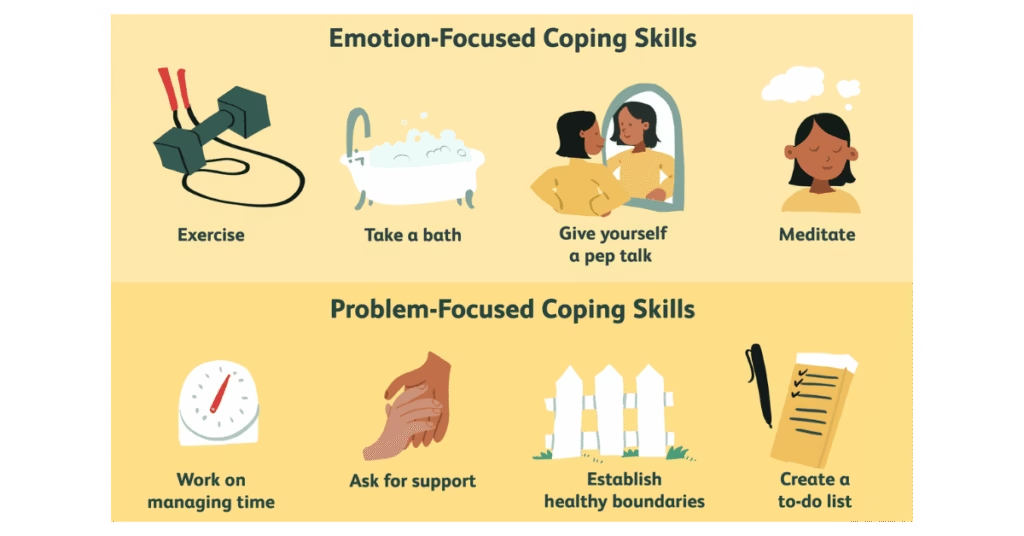Title: Understanding Narcissism: The Hidden Battle Behind the Facade of Superiority
Author Name: Farhat Abbas
Introduction
Today, the word “narcissism” is used loosely in popular culture and psychology to refer to a self-centred or arrogant person. However, behind the facade is a complex psychological construct that can severely affect relationships, emotional well-being, and even society as a whole.
Narcissism—particularly in its more severe form, Narcissistic Personality Disorder (NPD)—is much more than selfishness or self-absorption. It’s a security mechanism founded on insecurity, established early in life, and typified by a tenuous sense of self camouflaged by pretentiousness.
What Is Narcissism?
Narcissism has gradations. Where some degree of self-assurance is necessary for functioning and self-esteem, pathological narcissism is problematic only when it contributes to:
1. Lack of empathy
2.Exploitation of others
3.An inflated sense of importance
4.Intolerance to criticism or failure
When these characteristics become rigid, widespread, and damage social or occupational functioning, the person may qualify for Narcissistic Personality Disorder (NPD) as defined by the DSM-5.
Core Traits of Narcissistic Personality Disorder (NPD)
As defined by the DSM-5, NPD is marked by:
1. A grandiose sense of self-importance.
2. Excessive preoccupation with fantasies of unlimited success, power, or beauty.
3. Belief in uniqueness or specialness.
4. Excessive need for admiration.
5. Sense of entitlement.
6. Exploitative interpersonal behavior.
7. Lack of empathy.
8. Envy or belief that others envy them.
9. Arrogant or haughty behaviors or attitudes.
Fundamentally, narcissism is usually a defense against chronic feelings of inadequacy, shame, or fear of rejection.
Types of Narcissism
Psychologists differentiate between two broad types:
1. Grandiose Narcissism
Overblown self-esteem
Dominating and self-centered
Low emotional sensitivity
Typically observed in leaders, celebrities, and public figures
2. Vulnerable (Covert) Narcissism
Excessive hypersensitivity to criticism
Social isolation or passive aggression
Low self-esteem camouflaged by defensiveness
Often misjudged due to less conspicuous traits
Causes of Narcissism
Narcissistic characteristics are forged from a mix of genetic, environmental, and interpersonal causes:
Neglect or over-praise in childhood
Unstable parenting (overvaluation or under-attunement)
Trauma or abuse
Cultural encouragement of vanity success and external validation
Children who have developed narcissistic denseness can be so because they learn this as a survival strategy in order to shield a fragile and underdeveloped sense of self.
Effect of Narcissism
On Relationships:
Manipulation, emotional unavailability, gas-lighting
Idealisation followed by devaluation
Significant devaluation is intense idealisation
Difficulty in establishing real connections
On Work and Social Life:
Competitive and controlling behavior
Difficulty with teamwork or accepting feedback
Craving admiration over cooperation
On the Individual:
Inner emptiness and loneliness
Depression, anxiety, and identity disturbance
Vulnerability to breakdowns when ego is threatened
Can Narcissism Be Treated?
Yes—but it takes long-term therapeutic intervention and a readiness to confront unpalatable truths. Typical strategies include:
1. Psycho-dynamic Therapy
Examines unconscious patterns, early relationships, and defense mechanisms.
2. Schema Therapy
Addresses ingrained negative self-beliefs and aids in developing healthier habits.
3. Cognitive Behavioral Therapy (CBT)
Challenges the misshapen perceptions and encourages emotional control.
4. Group Therapy
Aids in developing empathy, self-understanding, and interpersonal skills.
It should be noted that narcissistic individuals seldom go voluntarily into therapy—treatment is more likely to start with crises, including relationship disintegration or professional embarrassment.
Living With or Loving a Narcissist
If the person you love has narcissistic features or NPD, it can be draining. Here’s what to do:
Set clear limits.
Avoid power battles or arguments.
Don’t anticipate reciprocation in feelings.
Support professional mental health help.
Attend to your own emotional health.
Final Thoughts
Narcissism isn’t just ego—it’s about survival. It usually disguises deep hurts and unmet emotional needs. Rather than judgment, what narcissism really needs is understanding, boundaries, and organized assistance.
With greater awareness, we can more clearly see narcissism not as a label, but as the multifaceted human experience constructed from psychological hurt and a need to feel important.
Let’s shift the discussion from blame to healing, and from stigma to loving understanding.


